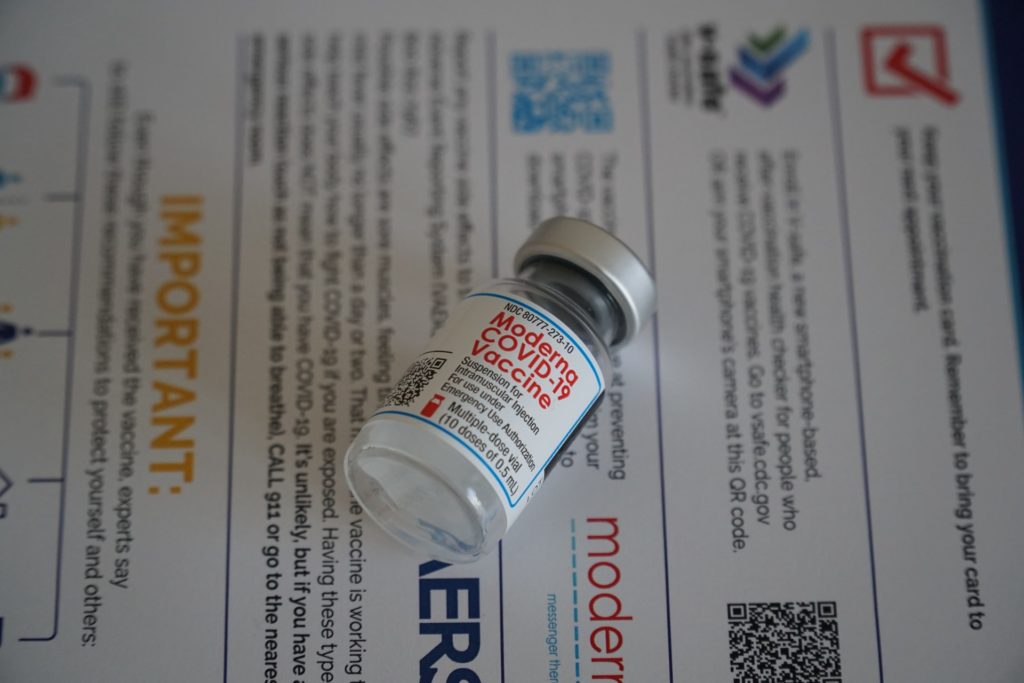The US-based pharmaceuticals company Moderna passed the profits it made on sales of its coronavirus vaccine in Europe to a shell company in Switzerland to avoid paying tax, according to an investigation.
A Dutch foundation, SOMO, which investigates the activities of multinational corporations, reports the company last June created a new entity, Moderna Switzerland GMBH.
The new company is based in Basel, but has no economic activity of its own, and exists merely as a shell company for tax purposes. Its only purpose is to receive the payments made by the European Union for delivery of its vaccine.
Moderna’s vaccine is the most expensive of the double-dose vaccines currently in use in the EU, 50% more expensive than Pfizer and more than ten times more expensive than Astra Zeneca. Only Johnson & Johnson is more expensive, but that vaccine requires only a single dose.
According to SOMO, orders from the EU brought in €10.3 billion so far, allowing the company to issue an income forecast for this year of €19 billion. That translates, SOMO says, to a profit of €4.4 billion.
But the countries of the EU will see none of it. Swiss corporation tax is a maximum of 13%, but the company can manage to reduce that to 7.8% easily. And having done so, its tax obligations are fulfilled.
The US tax authorities already have experience of this type of tax carousel activity from Moderna, De Tijd reports. The company is based in the state of Massachusetts, but its patents are registered in Delaware (the home state of US president Joe Biden), where royalties – including the income from vaccines – are not taxed at all.
The company is declining to comment, but according to tax-law expert Michel Maus, speaking in De Tijd, the European Commission only has itself to blame.
“If government money is involved, the subsidising authority should have imposed better conditions,” he said.
For example, in Belgium, companies that operate through tax havens may not receive government subsidy.
“It can be that simple. It is not easy to expose the tax structure, but Europe's approach is not ideal to say the least.”

